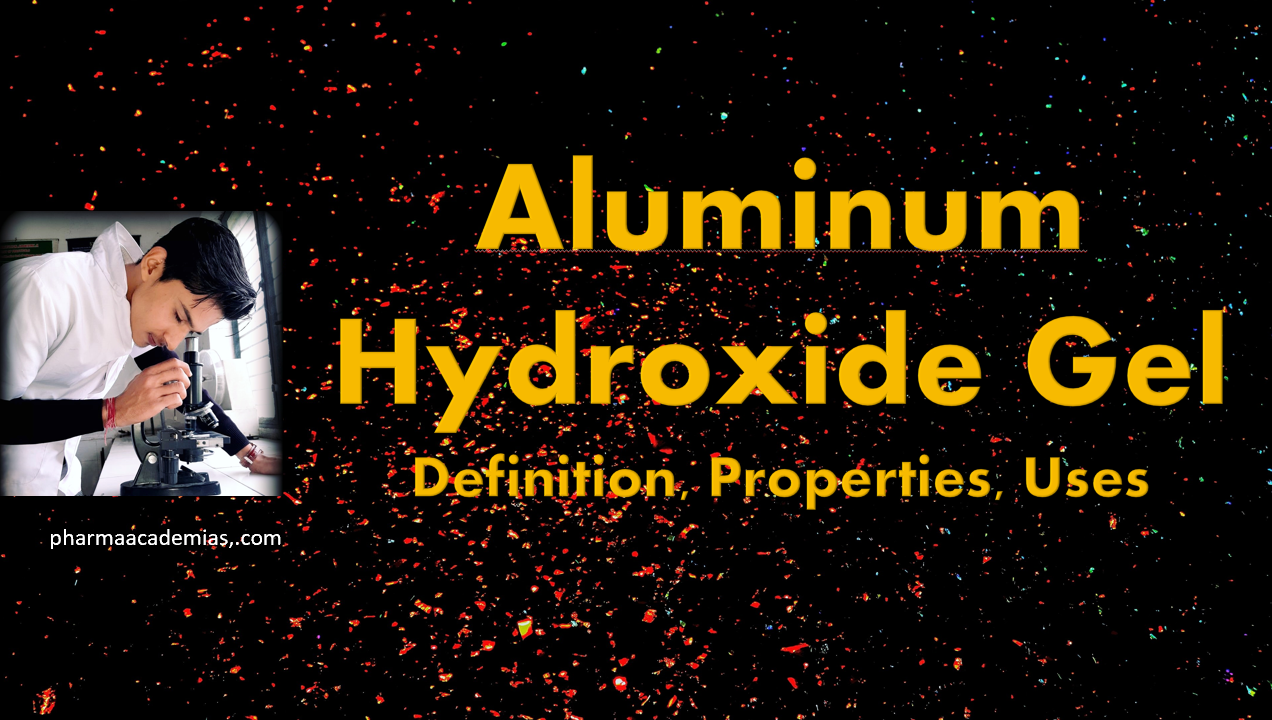Aluminum hydroxide gel is a pharmaceutical preparation that contains aluminum hydroxide [Al(OH)₃] as its active ingredient. It is commonly used as an antacid to alleviate symptoms associated with excessive stomach acid, such as indigestion, heartburn, and acid reflux. The gel form allows for easy administration, and when ingested, aluminum hydroxide neutralizes excess gastric acid, providing relief from discomfort and acidity-related symptoms. Additionally, aluminum hydroxide can serve as a phosphate binder in patients with kidney problems to reduce phosphate levels in the blood. It is important to use aluminum-containing medications, including aluminum hydroxide gel, under the guidance of a healthcare professional to ensure proper dosage and avoid potential side effects associated with prolonged or excessive use.
Properties of Aluminum Hydroxide Gel
1. Chemical Composition:
Aluminum hydroxide gel is a compound containing aluminum, hydrogen, and oxygen.
Chemical formula: Al(OH)₃.
Physical Form: It is commonly available in the form of a gel.
Solubility: Insoluble in water.
pH: Aluminum hydroxide gel has basic properties.
Antacid Properties: Exhibits antacid properties, meaning it can neutralize excess stomach acid.
Stability: Stable under normal storage conditions.
Color: Typically appears as a white or off-white gel.
Medicinal Uses of Aluminum Hydroxide Gel
1. Antacid:
It is widely used as an antacid to neutralize excess stomach acid.
Helps alleviate symptoms of indigestion, heartburn, and acid reflux.
2. Gastrointestinal Disorders:
Used in the treatment of various gastrointestinal disorders associated with hyperacidity.
3. Peptic Ulcers:
May be employed as part of the therapeutic regimen for peptic ulcers.
4. Phosphate Binding:
Aluminum hydroxide can also serve as a phosphate binder in patients with kidney problems to reduce phosphate levels in the blood.
5. Symptomatic Relief:
Provides symptomatic relief from conditions where excess gastric acid may lead to discomfort.
6. GERD (Gastroesophageal Reflux Disease):
Included in the management of GERD to alleviate acid-related symptoms.
7. Chronic Kidney Disease:
Used in some cases of chronic kidney disease to control phosphate levels.
Caution
Prolonged or excessive use of aluminum-containing antacids may lead to aluminum accumulation in the body, potentially causing toxicity.
It is essential to use medications containing aluminum hydroxide under the guidance of a healthcare professional.
Always consult a healthcare provider before using medications, especially for prolonged periods or in specific health conditions.

